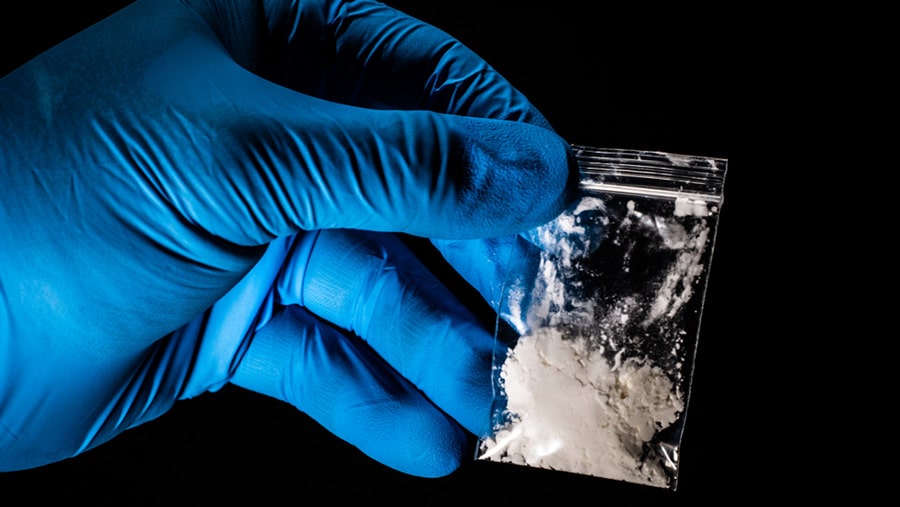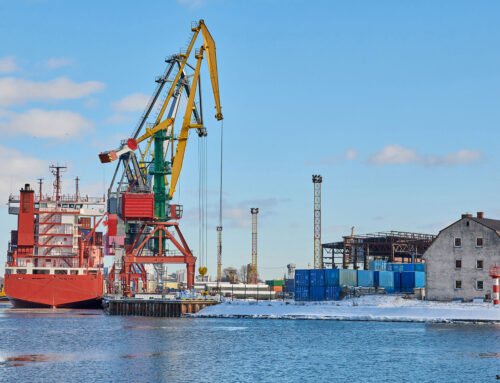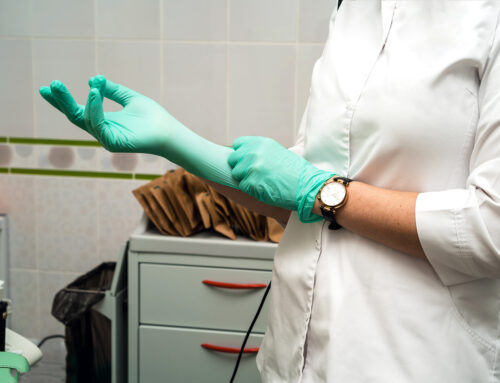The hospitality industry prides itself on providing a secure and enjoyable experience for guests. However, a recent incident in Honolulu has thrown into sharp relief the industry’s commitment to safety when unforeseen crises arise. This particular incident involved the arrest of two individuals for supplying fentanyl, a potent and lethal opioid, which resulted in a mass overdose at an oceanfront hotel, leading to two tragic deaths. This article explores how this event underscores the pivotal role of the hospitality sector in handling guests exposed to fentanyl while also safeguarding its staff.
The Honolulu Incident:
On June 4, 2023, authorities responded to a distress call at the Outrigger Reef Waikiki Beach Resort, where they discovered five people in various states of medical emergency. Regrettably, one person was declared deceased at the scene, while another lost their life later in a hospital. The exact cause of death for these victims had yet to be determined by the Honolulu medical examiner’s office, but fentanyl’s involvement was suspected.
Guest Safety and Staff Protection:
Guest Safety: The Honolulu incident underscores the need for hotel staff to be well-prepared for guests potentially exposed to hazardous substances like fentanyl. With more illicit drugs being laced with this potent opioid, hotel employees should be trained to promptly identify signs of overdose and respond effectively. Swift access to medical assistance is of utmost importance.
Education and Awareness: Guests may unknowingly come into contact with fentanyl, mistaking it for another substance such as cocaine or MDMA. This highlights the necessity for guest education and awareness. The hospitality industry should take the initiative in providing information about the dangers associated with illicit drugs and their potentially fatal consequences.
Staff Protection: Equally vital is ensuring the protection of staff from exposure to fentanyl. Employees might encounter the substance during room cleanings or interactions with guests. Therefore, it is imperative for hotels to establish comprehensive safety protocols, including protective gear and training in handling and reporting potential drug-related issues.
Fentanyl Nitrile Gloves:
One critical measure for safeguarding staff in the hospitality industry, especially in areas where the risk of fentanyl exposure is heightened, is the adoption of fentanyl nitrile gloves. These specialized gloves offer an additional layer of protection against accidental skin contact with the drug. Here are key points regarding their significance:
High Resistance: Fentanyl nitrile gloves are explicitly designed to resist penetration by fentanyl and other potent opioids. This feature makes them an effective barrier against exposure.
Safety Assurance: The provision of these gloves to staff not only enhances their safety but also assures them that they are well-protected when confronted with potential hazards.
Training and Awareness: In addition to supplying the gloves, hotels should conduct training sessions to educate their staff about the correct usage of protective gear and how to handle situations involving hazardous substances.
The incident in Honolulu serves as a tragic reminder of the perils posed by the increasing prevalence of fentanyl in the illicit drug market. The hospitality industry holds a vital role in guaranteeing the safety and welfare of its guests and staff. Adequate training, guest education, and the utilization of protective equipment like fentanyl nitrile gloves are essential steps in tackling the challenges posed by the presence of fentanyl. By maintaining a proactive and prepared stance, hotels can fulfill their commitment to maintaining the highest level of safety and security measures for all.







